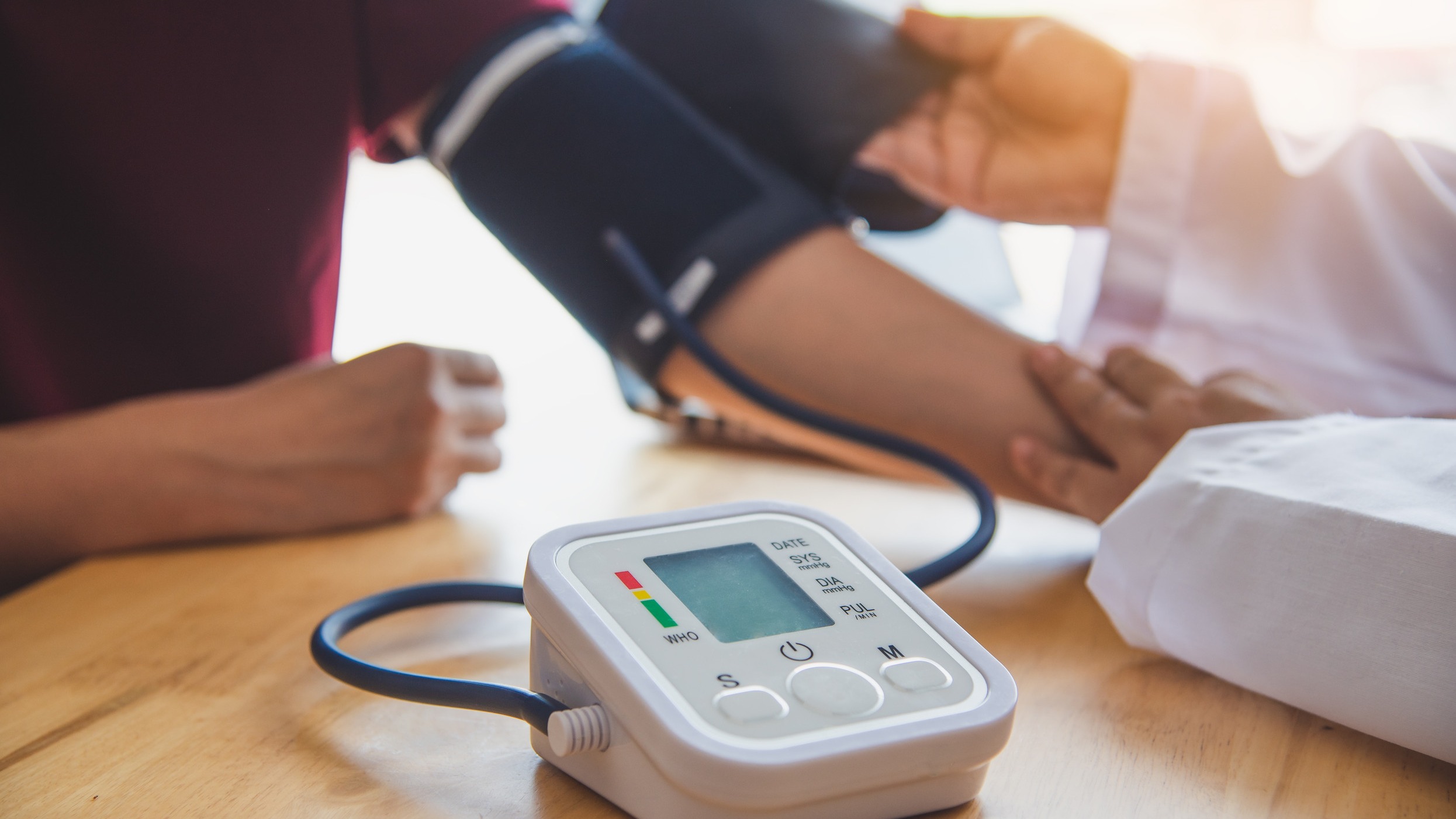
How a Phone-Based Program is Revolutionizing Weight Loss for Breast Cancer Survivors
In the realm of health and wellness, particularly concerning individuals facing serious health challenges, innovative solutions can often lead to transformative outcomes. A groundbreaking telephone-based weight-loss intervention has shown promising results for women battling stage II and III breast cancer. This one-of-a-kind program not only underscores the importance of weight management in cancer care but also demonstrates a model for future health initiatives—making significant strides in improving patient outcomes.
Understanding the Impact of Obesity in Breast Cancer
The relationship between obesity and its repercussions on breast cancer patients is a sobering reality. Research shows that excess weight can heighten the risk of recurrence and mortality while adversely affecting quality of life. The obesity epidemic remains a pressing health concern, with many interventions previously falling short—often limited in scope and demographic reach. By implementing a remote, personalized approach, this new initiative overcomes barriers that in-person programs may impose, thereby expanding access to life-changing resources.
The Study: Methodology and Key Findings
A recent phase 3 clinical trial, dubbed the BWEL study, involved a diverse cohort of 3,180 women aged 53.4 years on average, all diagnosed with human epidermal growth factor receptor-negative breast cancer. Participants were divided evenly between an intervention group receiving tailored weight-loss coaching via phone and a control group receiving standard health education. The results were noteworthy: participants in the intervention group lost an average of 4.3 kg—translating to 4.7% of their body weight—whereas the control group saw a slight weight gain.
The successful strategy employed caloric restriction paired with increased physical activity, setting the groundwork for a sustainable approach to weight loss and wellness. Notably, 46.5% of those in the intervention group achieved clinically significant weight loss—surpassing the control group by a considerable margin.
Cultural Sensitivity and Accessibility: A Major Advantage
This study's findings also highlight critical aspects regarding accessibility and the cultural nuances of healthcare interventions. Subgroup analyses revealed that postmenopausal women experienced greater weight loss than premenopausal women, and racial disparities surfaced, with Black and Hispanic participants showing less weight loss than their counterparts. Such disparities underscore the importance of customizing health interventions to align with diverse cultural backgrounds and experiences.
The Power of Personal Connection: Why Coaching Works
One of the standout features of this telephone-based intervention is the personal touch it provides. With participants completing a median of 26 out of 30 planned coaching calls, it's clear that personal engagement plays a vital role in the program's success. The correlation between the number of coaching calls and weight loss emphasizes how supportive relationships can significantly enhance health outcomes. This aspect could serve as a model for other health-related interventions.
Looking Ahead: What This Means for Future Health Initiatives
As public health continues to evolve, this telephone-based program stands as a beacon for future initiatives, particularly in how we approach cancer survivorship and wellness management. The findings suggest that scaling similar interventions may not only improve health outcomes for breast cancer survivors but could be adapted for various chronic health conditions affecting diverse populations. Ultimately, the success of this program and its focus on education, support, and accessibility showcase a new frontier in medical trends.
In conclusion, as we applaud innovations like this one, it's crucial to remain committed to fostering environments where information and support are readily available to all individuals, regardless of their background. This phone-based program's achievements empower women with breast cancer, enabling health management that can profoundly influence their quality of life.
Call to Action: Embrace the strategies shared in this article to enhance your well-being or support others. Consider participating in health initiatives or exploring programs that provide the resources needed to achieve wellness goals. Together, we can foster a healthier community.
 Add Row
Add Row  Add
Add 




Write A Comment